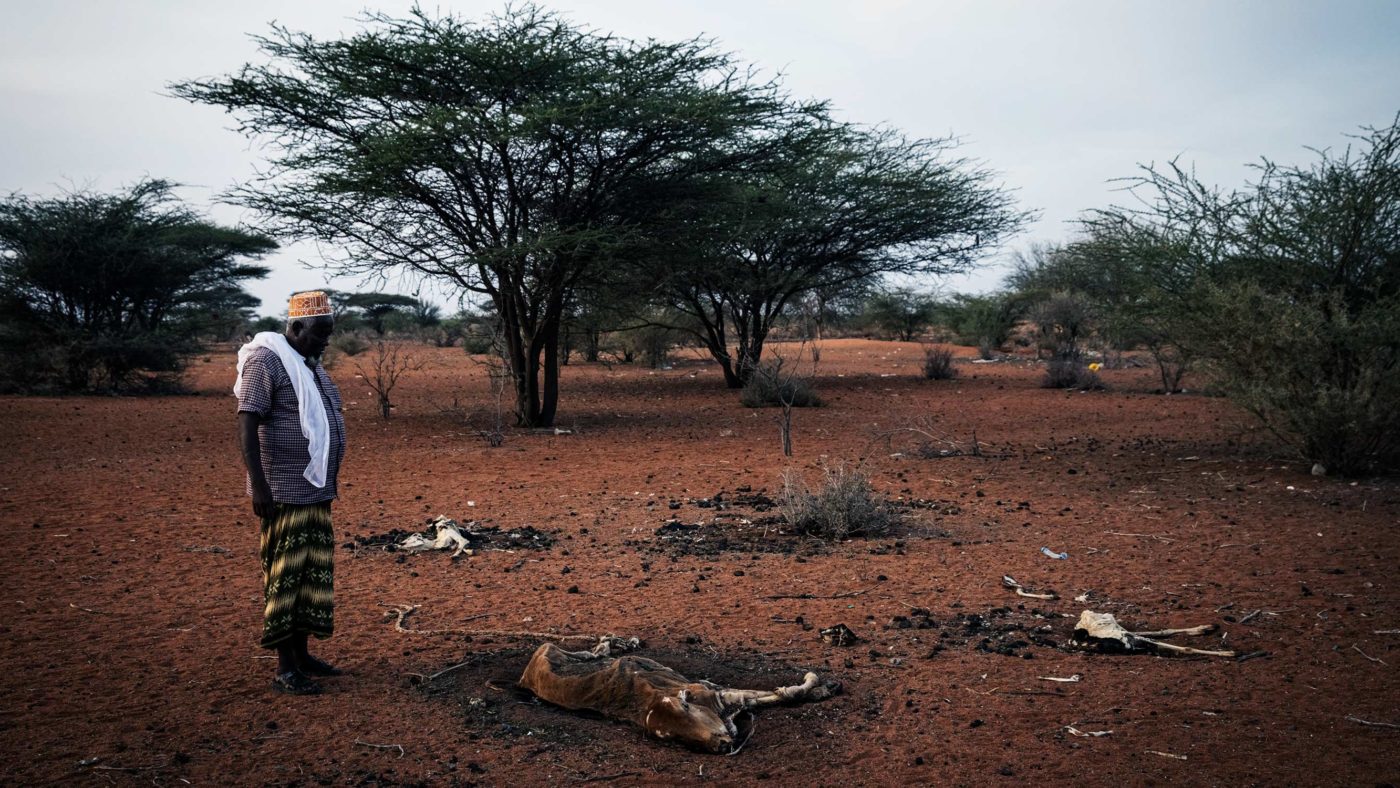November feels like a long time ago. The ink had barely dried on the COP26 climate deal before the UK experienced the Omicron wave of Covid, and no sooner had that wave subsided than Russia began its abhorrent invasion of Ukraine.
The UK’s response to each of these challenges is something we can be proud of. Our supply of arms and training to the Ukrainian military has been vital in slowing the Russian advance; our approach to the pandemic means we have been a beacon of freedom at a time when the rest of the world is still facing harsh restrictions; and our presidency of COP26 delivered important commitments on phasing down coal use and restoring nature across the world. The Government has shown that “Global Britain” is not just a slogan.
An essential component of our global leadership is our international development spending. The amount we spend on aid has long been a controversial subject for Conservatives, and I voted in favour of the temporary reduction in aid spending given the state of our public finances after the pandemic. But more important than how much we spend is what we spend it on.
Climate finance – that is, support for developing countries to adapt to a warmer world and cut emissions – is some of the smartest development spending going. It must be a key priority for the Government over the coming decade.
Firstly, it directly benefits UK taxpayers. Every tonne of CO2 that another country avoids putting into the atmosphere makes the impacts of climate change less severe here in the UK than they might have been. It means less extreme floods, less coastal erosion, and fewer species pushed to the brink of extinction.
And by helping poorer countries adapt to warmer, drier climates, it is less likely there will be mass displacement of people due to crop failure or droughts, for example, and therefore a lower likelihood of large migration flows impacting on the UK.
Secondly, climate finance offers good value for money. A relatively small amount of public funding can derisk cost-competitive green projects and leverage private finance. It can also nurture trade and investment opportunities for UK firms working in growing green technology and sustainable agriculture sectors with the major economies of the future.
Third, finance is an essential tool for diplomats to unlock international agreement to limit climate change. While leading by example through ambitious emission cuts at home is important, global climate negotiations also depend on the promises and delivery of extra financial assistance. It’s a matter of trust and good faith, and the UK, as the incumbent chair of the COP negotiations, must lead by example.
These arguments were powerful in the run-up to COP26, but the crisis in Ukraine only boosts the case for prioritising climate change in our approach to aid. Every country that continues to buy Russian coal, gas and oil is directly funding its illegal invasion. Vast swathes of the world are directly or indirectly at the mercy of Russia’s nefarious influence on energy prices. There has never been a more important time to build greater resilience to hostile actors through cheap, clean energy.
The developing world is even more directly exposed to the impacts of Russia’s invasion when it comes to Ukraine. A large number of countries, many of which already struggle with feeding their populations due to the impacts of climate change, import over half of basic foodstuffs like wheat and grain from Russia or Ukraine. Without significant support for building sustainable and resilient food systems in these countries, it will become simply impossible to maintain their fragile food security, with hunger and famine begetting further instability and conflict. A European crisis will soon go global.
We can and must act. Seeing off the Russian threat is not just about sanctions and military support – vital those these are – it requires a long-term investment in the resilience of those countries most exposed to its exports and therefore most susceptible to its malign influence. Taking this action is in the UK’s interests just as much as it is in the interests of the people of Somalia, Eritrea or Egypt.
Climate change must remain a key priority for our international development spending. It is an essential component not only of British leadership and the fight against climate change, but a smart investment in a more stable, more secure and more prosperous future.
Click here to subscribe to our daily briefing – the best pieces from CapX and across the web.
CapX depends on the generosity of its readers. If you value what we do, please consider making a donation.


